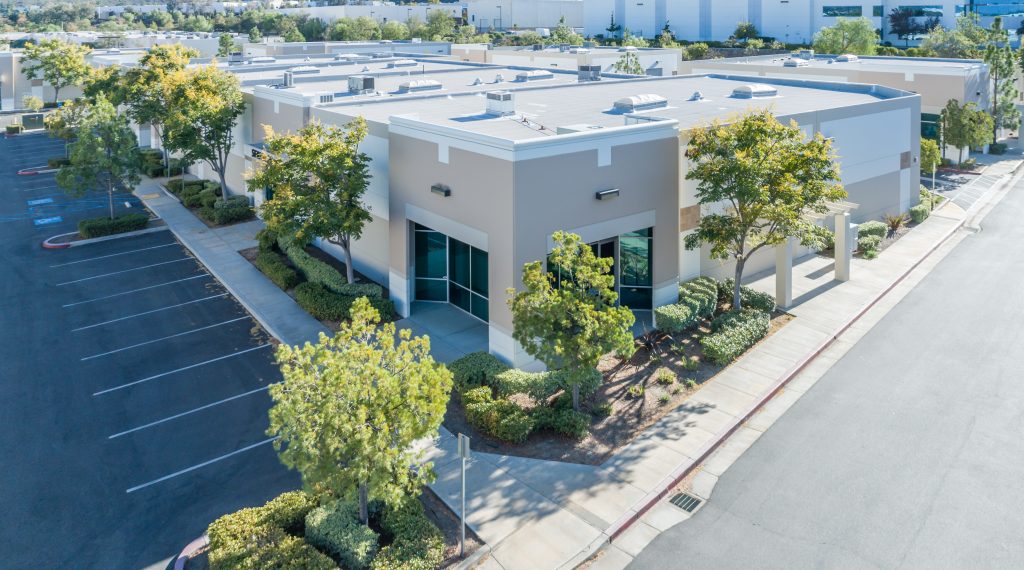It’s tempting to cut corners when deadlines are tight or a deal feels too good to pass up. But skipping a commercial building inspection can lead to some expensive—and avoidable—mistakes. In fact, the true cost of skipping an inspection often doesn’t show up until long after the paperwork is signed.
Consider this scenario: a business owner purchases a small office complex and forgoes an inspection to close quickly. Six months later, they discover widespread mold behind the drywall due to long-term roof leaks. Remediation ends up costing tens of thousands and disrupts tenant operations, leading to lost rental income. That’s the kind of nightmare a professional inspection could have flagged before closing.
Another example: A retail investor acquires a strip mall, only to learn after purchase that the main electrical service is outdated and insufficient for tenant needs. Upgrading it involves not only a significant financial investment but also coordination with local utility providers and potential downtime for businesses.
Commercial inspections help you avoid buying a money pit or assuming costly responsibilities under a lease. For tenants, inspections can highlight areas that need landlord attention before move-in. For owners, they provide documentation that helps with insurance claims, maintenance planning, and resale value.
Some buyers believe that a seller’s disclosure or a property appraisal is enough. But neither of those replace the expertise of a commercial building inspector. Appraisals focus on market value—not condition. Disclosures depend on seller honesty and knowledge. Inspections, on the other hand, are objective, thorough, and focused on the building’s current health.
If you’re investing in or leasing a commercial property, don’t skip the inspection. It’s a small upfront cost for peace of mind, risk reduction, and long-term financial protection.


Recent Comments